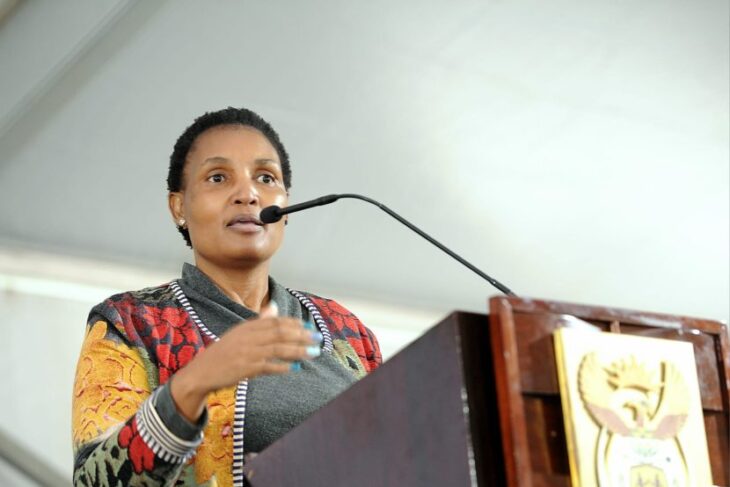
It hasn’t been so easy on this year’s elections as big parties are being topped.

South Africa’s political landscape is undergoing a significant shift as the African National Congress (ANC) faces the possibility of losing its parliamentary majority for the first time since the end of apartheid. Preliminary results from the recent national election indicate a decline in support for the ANC, while opposition parties, notably the Democratic Alliance (DA) and the newly established party by former President Jacob Zuma, are making substantial gains.
ANC’s Declining Support
The ANC, which has been the dominant political force in South Africa since the first democratic elections in 1994, is witnessing a notable erosion in its voter base. Factors contributing to this decline include widespread dissatisfaction with persistent corruption scandals, economic stagnation, and high unemployment rates. The ANC‘s internal divisions and leadership crises have further exacerbated its challenges, leading to a loss of trust among its traditional supporters.
DA’s Rising Influence
The Democratic Alliance (DA), South Africa’s main opposition party, has capitalized on the ANC’s weakening position. The DA has presented itself as a credible alternative, focusing on good governance, anti-corruption measures, and economic reform. The party’s appeal has broadened beyond its traditional urban and middle-class base, attracting a more diverse array of voters. The DA’s success in local government elections, particularly in major cities like Johannesburg and Cape Town, has bolstered its national profile and credibility.
Zuma’s Party Enters the Fray
Adding to the political dynamics is the entry of a new party led by former President Jacob Zuma. Zuma, who resigned from the presidency under pressure in 2018 amid numerous corruption allegations, remains a polarizing figure in South African politics. His party, leveraging his populist appeal and rhetoric, has managed to garner significant support, particularly among disillusioned ANC voters. Zuma’s influence and the party’s unexpected performance in the election have introduced a new variable into South Africa’s political equation.
Implications for South Africa
The potential loss of a parliamentary majority by the ANC could herald a new era of coalition politics in South Africa. Such a scenario would necessitate alliances and power-sharing agreements, potentially leading to more collaborative and transparent governance. However, it could also result in political instability and policy gridlock if parties struggle to find common ground.
Moreover, the rise of opposition parties and the fragmentation of the ANC’s support base reflect a maturing democracy where voters are increasingly holding leaders accountable and demanding tangible improvements in their lives. As South Africa navigates this transition, the emphasis will likely be on addressing pressing economic challenges, combating corruption, and fostering inclusive growth.
In conclusion, the recent election results mark a pivotal moment in South African politics. The ANC’s potential loss of majority, coupled with the gains made by the DA and Zuma’s new party, signals a shift towards a more competitive and potentially collaborative political landscape. This evolution, while fraught with challenges, also presents opportunities for rejuvenating South Africa’s democracy and addressing long-standing socio-economic issues.



















